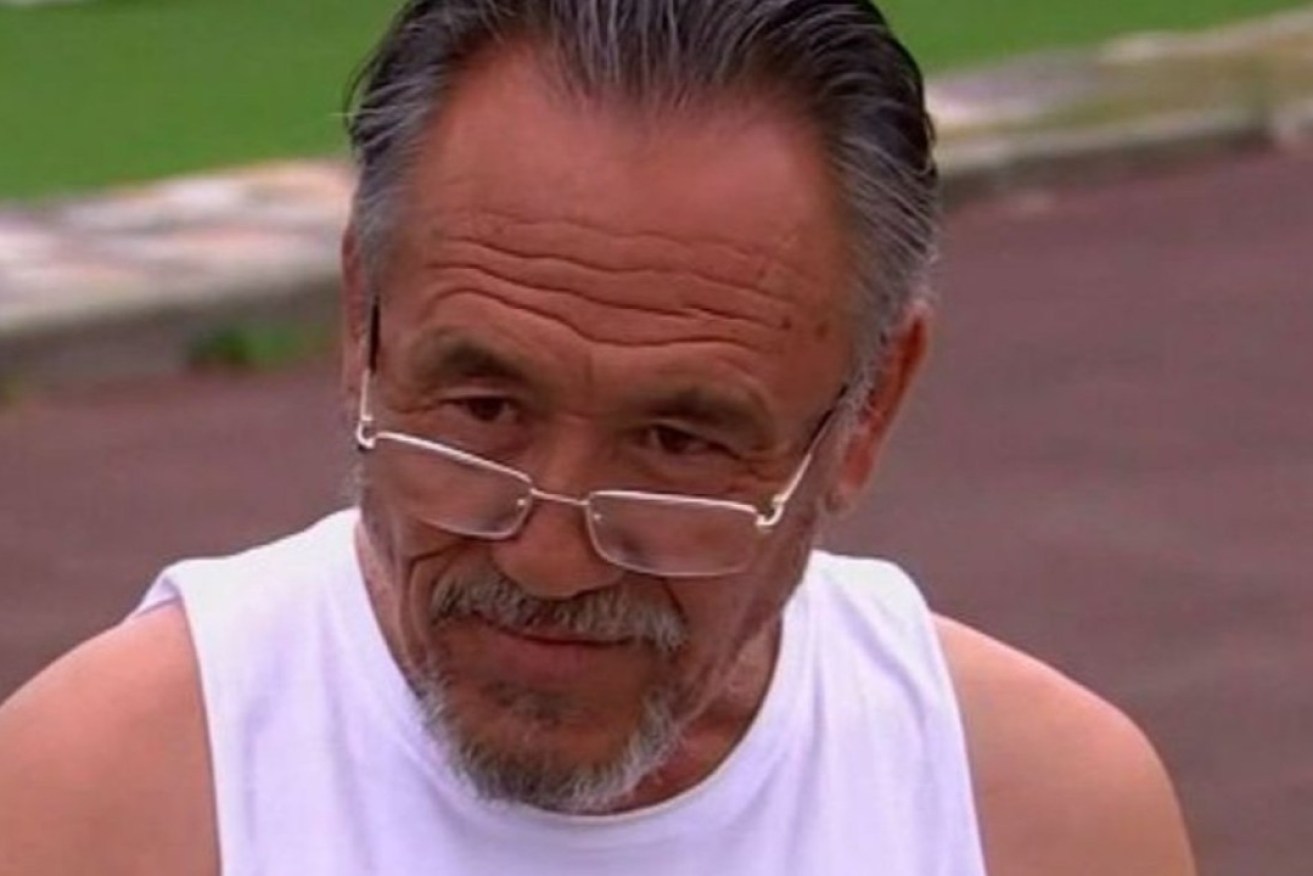Govt moves to lock up released detainees
A new regime to try to put released immigration detainees back behind bars is front and centre as the government and opposition argue over who’s stronger on national security.

Aliyawar Yawari, 65, fronted court in Adelaide on Monday charged with new offences after being released from immigration detention following a High Court decision. Photo: 9NEWS
Home Affairs Minister Clare O’Neil moved to put in place a preventative detention regime usually reserved for terrorists and spies after the High Court ruled indefinite immigration detention was illegal.
The court’s decision led to the government being forced to release some 150 detainees.
Three detainees, including registered sex offenders, have been arrested and charged.
In Adelaide, Afghan refugee Aliyawar Yawari, 65, faced court on Monday and was held without bail after being charged with two counts of indecent assault over an alleged incident involving a woman at a Pooraka hotel at the weekend.
Yawari was deemed a “danger to the Australian community” by a South Australian judge in 2016 following attacks on three elderly women in 2013 and 2014.
He was released from Yongah Hill Immigration Detention Centre in Western Australia last month, and had been staying in a motel in Perth before heading to Adelaide.
Two other released detainees also remain behind bars after bail was refused.
The arrests have been used by the coalition as fuel for the political fire it’s heaping towards the government and ministers for how the situation has been handled.
Home Affairs Minister Clare O’Neil rejected calls for her to resign over the issue.
“My job is to do everything I can to try to protect the community, and that is exactly what I’m doing,” she said on Wednesday.
“”If I had any legal power to put these people back behind bars, I would do it.”
The preventative detention laws passed the Senate on Tuesday night and will be brought to the lower house for debate later on Wednesday.
But coalition senator Jane Hume said the government should have had legislation ready before the High Court’s decision so it was ready to go as soon as the ruling was handed down to prevent the release of any detainees.
She criticised O’Neil for not taking enough action sooner
“You failed to get those preventative detention measures in place, which you could have done months ago, but instead, you blamed your department,” she said.
“You blamed the High Court, you blamed the coalition, you’ve blamed (Opposition Leader) Peter Dutton, but this is on you.”
The government says it was hamstrung by the High Court’s decision which mandated the release of detainees in the same situation as the original complainant, NZYQ.
Legislation could not have been put in place to detain the whole cohort due to the ruling, Attorney-General Mark Dreyfus said as he offered to show the opposition legal advice from the solicitor-general.
“Following the High Court decision and reasons in the NZYQ matter, it is not legally possible to legislate to require the detention of all of the NZYQ-affected individuals on community safety grounds,” he wrote in a letter tabled in the Senate.
Any delay in releasing affected detainees could open the government and individual officers up to legal claims of false imprisonment, he added.
The opposition is pushing for stronger requirements from the ministers who ticked off on the release of detainees, calling for a statement of reasons as to why they needed to be set free.
The preventative detention laws will allow the released detainees to be put back behind bars if a court decides there’s “a high degree of probability that the person poses an unacceptable risk of committing a serious violent or sexual offence”.
It would also be a criminal offence for people who have been convicted of serious or violent sexual offences to go near a school or contact their victim or their victim’s family.
The maximum length of the order is three years and the minister will need to reapply to the court for a review every year.
Enhanced supervision could also be put in place if a lower threshold relating to community safety is met.
The order would again last for a maximum of three years and need to be reviewed by the court every 12 months.
Breaching this order carries a mandatory minimum sentence of one year behind bars and a maximum of five.
Greens leader Adam Bandt said the debate on the laws was a race to the bottom.
“As far as the group of people who are affected by the High Court’s decision is concerned, some of them have committed heinous crimes, many of them haven’t,” he said.
“Instead of considering the significant decision of the High Court, where they basically said you can’t lock people up forever and treat it as a solution to migration problems … (the government) has just let Peter Dutton write the laws.”
1800 RESPECT (1800 737 732)
National Sexual Abuse and Redress Support Service 1800 211 028
Lifeline 13 11 14
Kids Helpline 1800 55 1800 (for people aged 5 to 25)
– with AAP




